Constipation isn’t good for your gallbladder
By naturopath Margaret Jasinska
If you have a gallbladder condition it’s so important to have regular bowel motions. Failing to do that can aggravate stones or inflammation of the gallbladder.
Constipated people usually have a sluggish liver. Bile is produced by the liver and stored in the gallbladder. Bile is necessary in order to allow you to digest fat. That means you need adequate bile to digest essential fatty acids, fat soluble vitamins and fat soluble antioxidants. You make many of your hormones out of fat, so you want to be digesting it well to give you the building blocks to manufacture hormones.
Bile also deodorises your stool, gives it a brown colour and it has a mild laxative effect. If your liver doesn’t do a good job of producing bile, you could get constipated. If your gallbladder is congested with stones or doesn’t contract properly, you could get constipated. Constipation promotes small intestinal bacterial and fungal overgrowth, as well as dysbiosis (excess bad gut bugs). This can lead to intestinal inflammation, leaky gut and gut wastes then travel to the liver, compromising its health.
Constipation also worsens the common hormone imbalance in women known as oestrogen dominance and relative progesterone deficiency. Women are supposed to break down large quantities of oestrogen each day in their liver, and excrete it in bowel motions. Constipated women reabsorb much of that oestrogen and it ends up recirculating back to the liver. This can produce unpleasant symptoms such as PMS, menstrual cramps, heavy periods and tender breasts.
Some people can easily and quickly resolve their constipation just by drinking more water and following a healthy diet. Unfortunately for others the solution is not so simple.
Here are some strategies to help manage constipation


It is vital to drink a lot of water each day
If you don’t drink enough, the faecal matter will become dry and hard and then become extremely difficult to pass. Aim to drink between 8 and 12 glasses of water each day, depending on the climate you live in and how much exercise you do. Drinking too much tea can worsen constipation because of the tannins in it.
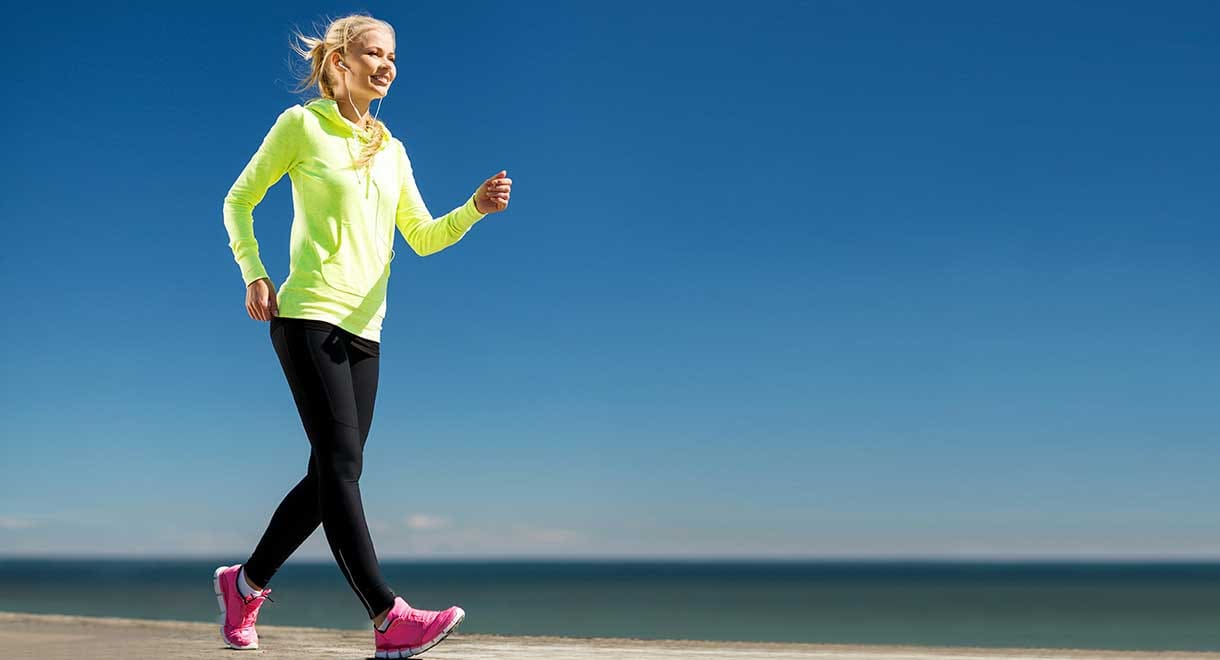

It is essential to move your body each day
Exercise stimulates peristalsis (intestinal contractions). Fast walking, dancing and sports are all beneficial, but even just going for a 5 minute gentle stroll is better than sitting all day.
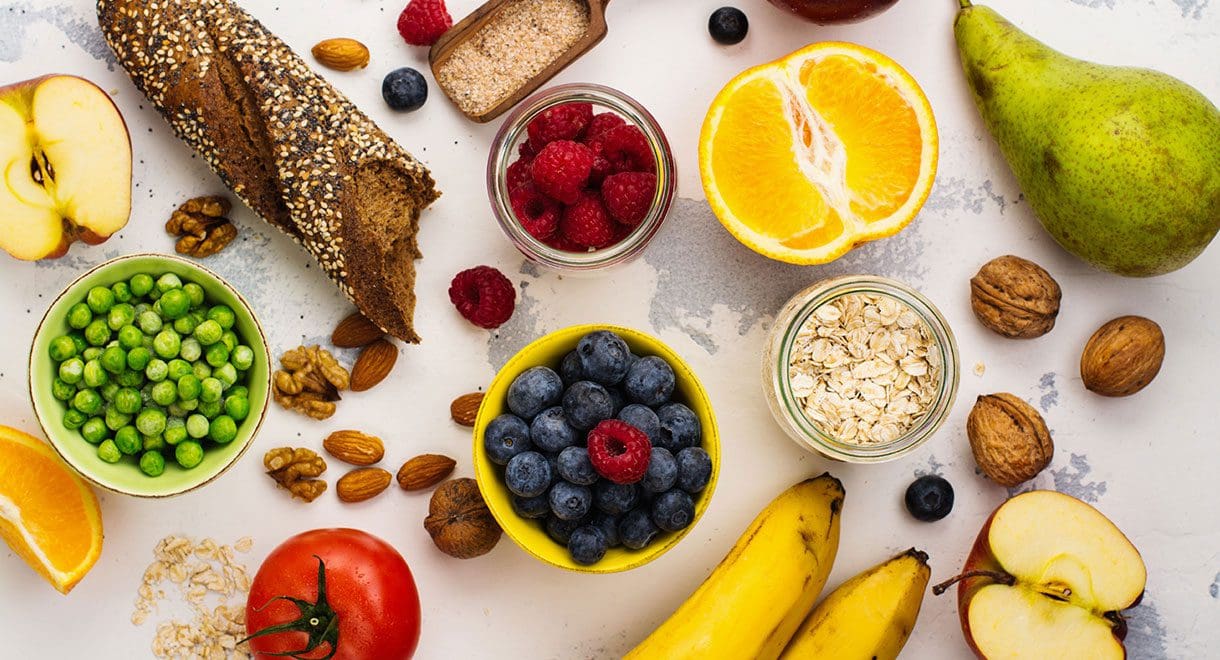

Make sure you’re getting adequate fibre in your diet
Vegetables, fruit, nuts and seeds are all high in fibre. Grains and legumes are also high in fibre but they can be irritating to the gut lining and can actually worsen constipation and bloating, therefore are best avoided. You may need to take a fibre supplement to ensure you obtain enough each day. Fibretone powder can be stirred into water or added to smoothies, yoghurt, cereal or sprinkled over chopped fruit.
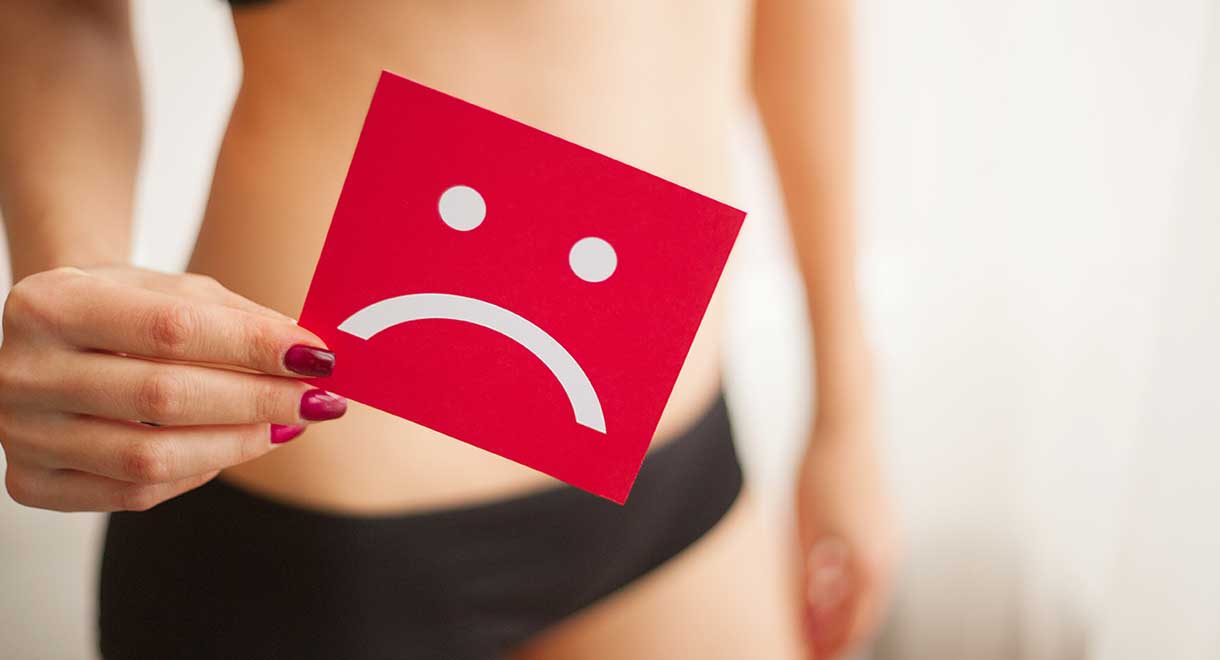

You could have an overgrowth of bad gut bugs
If you have an excess of bacteria that produce methane, this could impair intestinal contractions. Avoiding sugar in your diet and taking the natural antimicrobial BactoClear capsules can help to correct this.
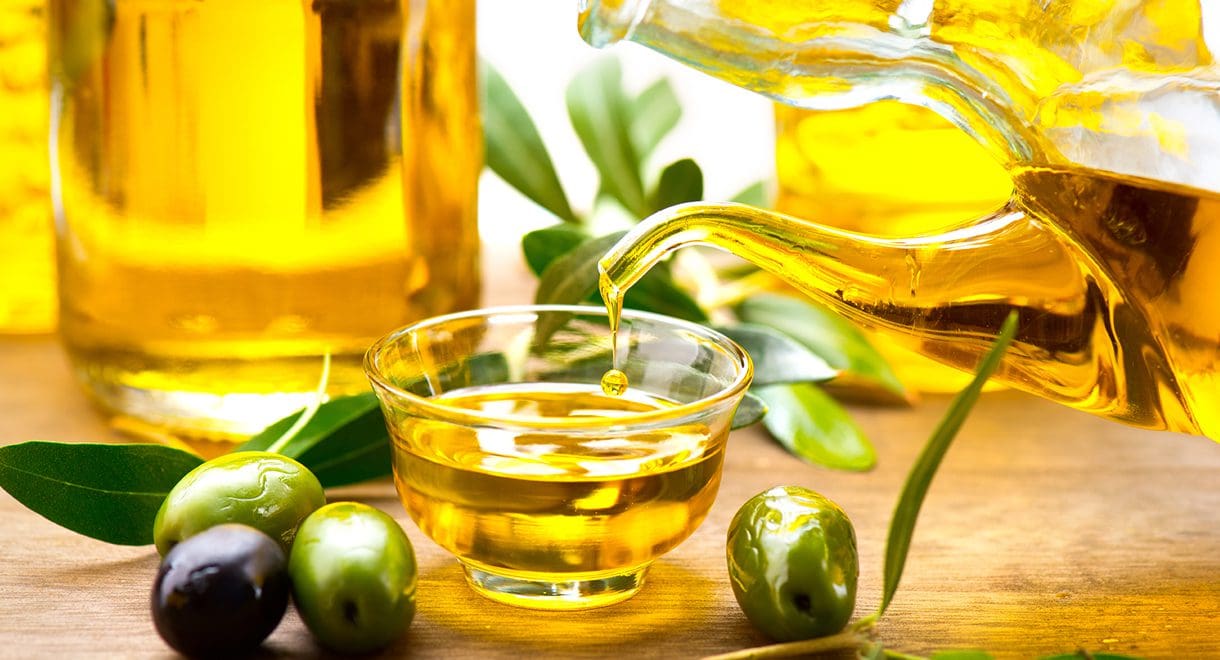

Make sure you’re eating adequate healthy fats and digesting them properly
It is important to include some fat in your diet because it enhances digestion, lubricates your digestive lining and helps to stimulate a bowel action. Olive oil, coconut oil, avocados, oily fish and nuts are all great sources of good fats. Many constipated people don’t produce enough bile. Taking an ox bile supplement with each meal should help.
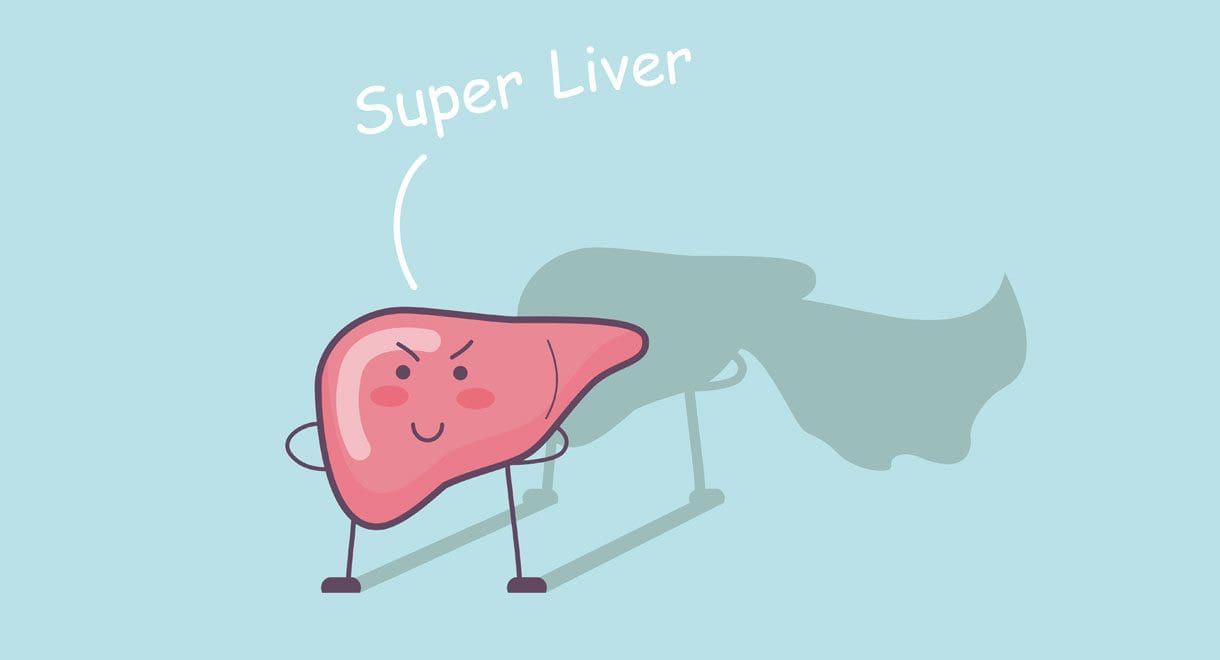

Make sure your liver is not sluggish
Sluggish bowels are usually associated with a sluggish liver. If your liver isn’t keeping up with the job, you can expect your bowel function to slow down. There is a lot of helpful information in the books Fatty Liver: You Can Reverse It and The Liver Cleansing Diet.
For more information about gallbladder health see the book Save Your Gallbladder Naturally and what to do if you’ve already lost it.


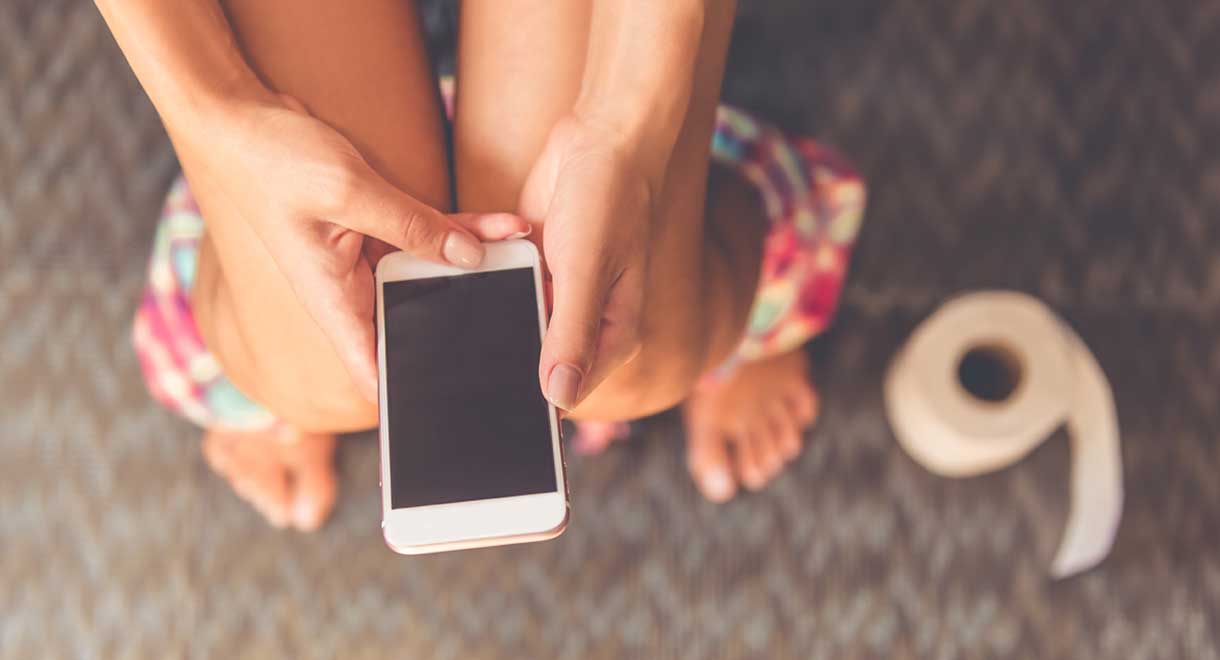


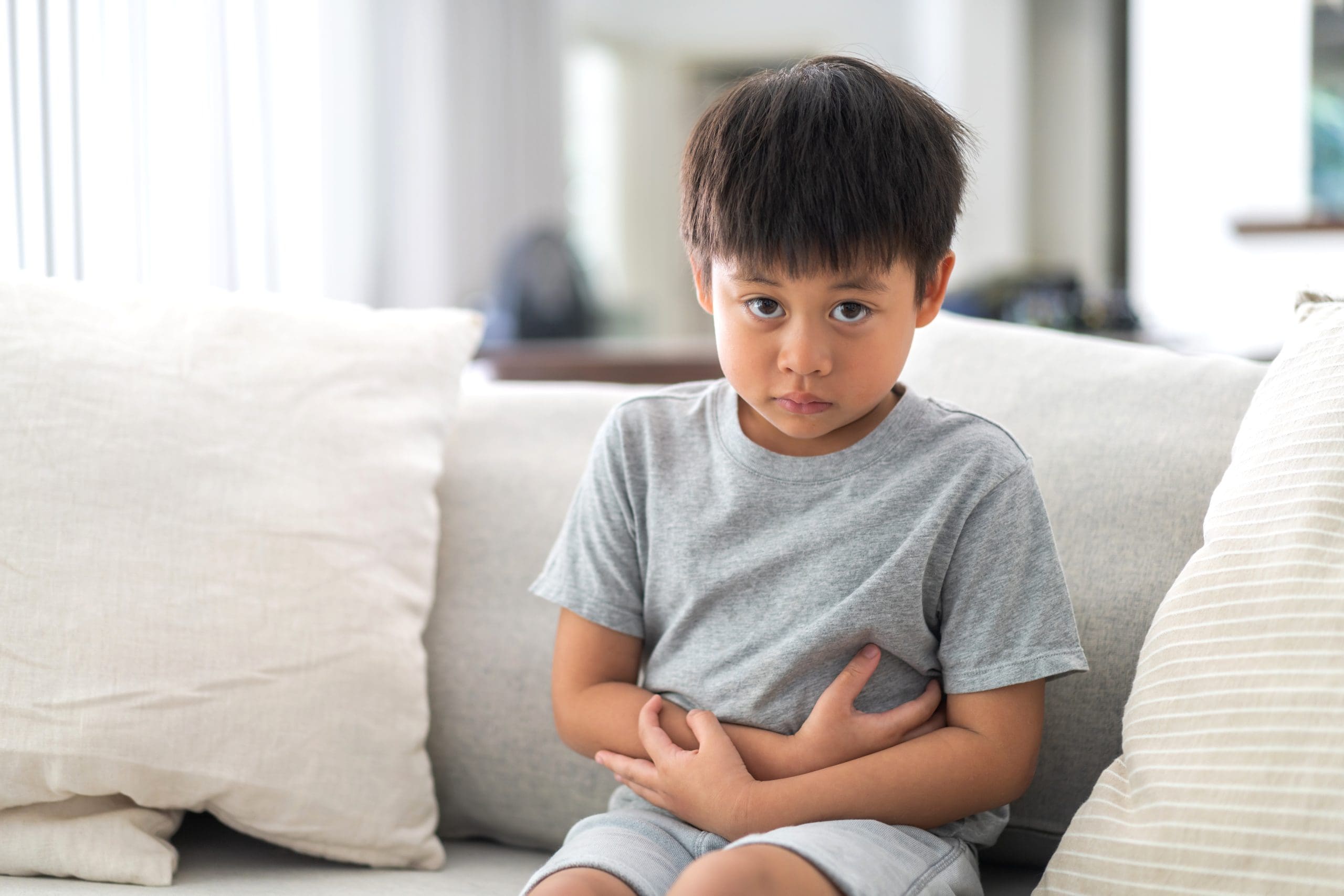
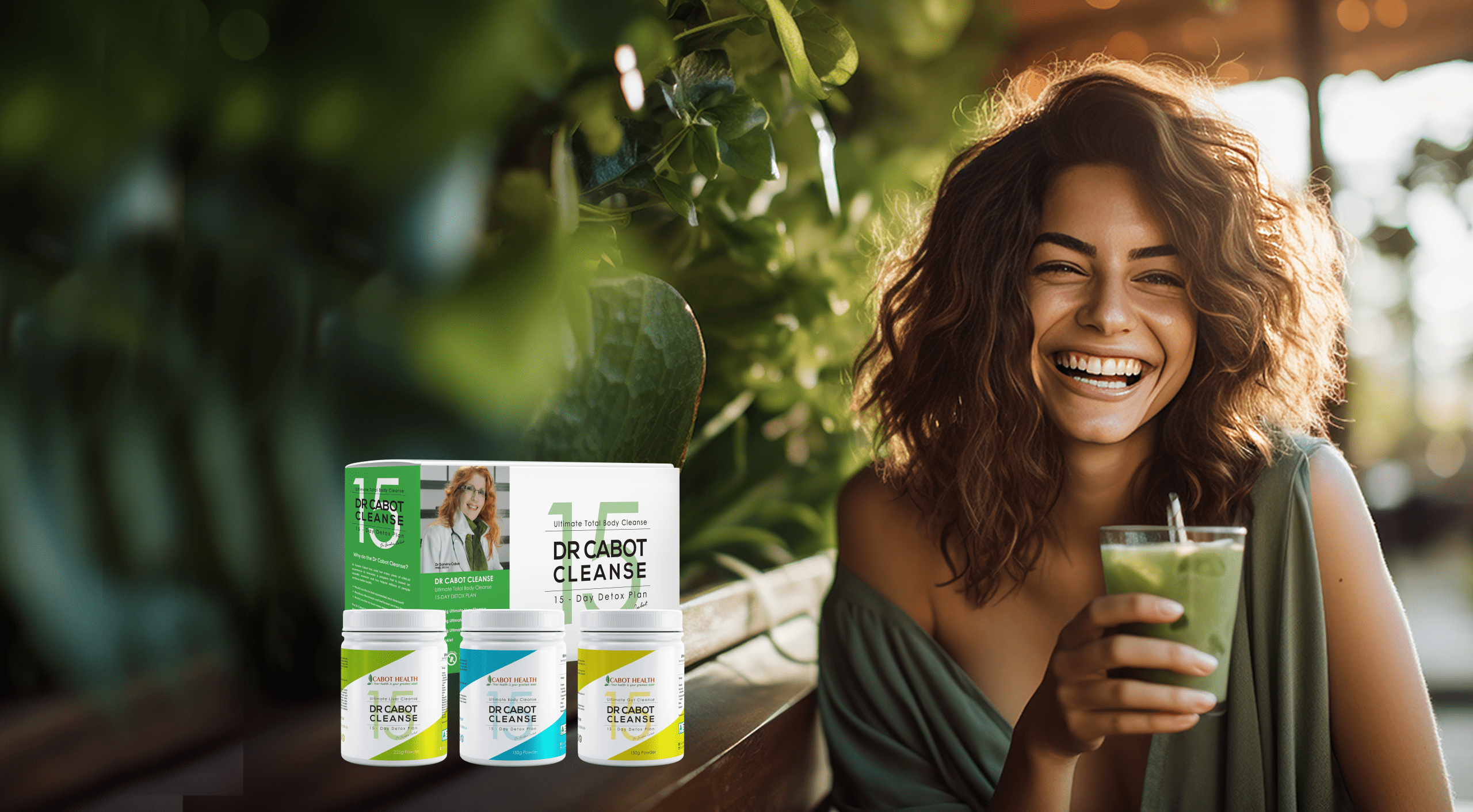
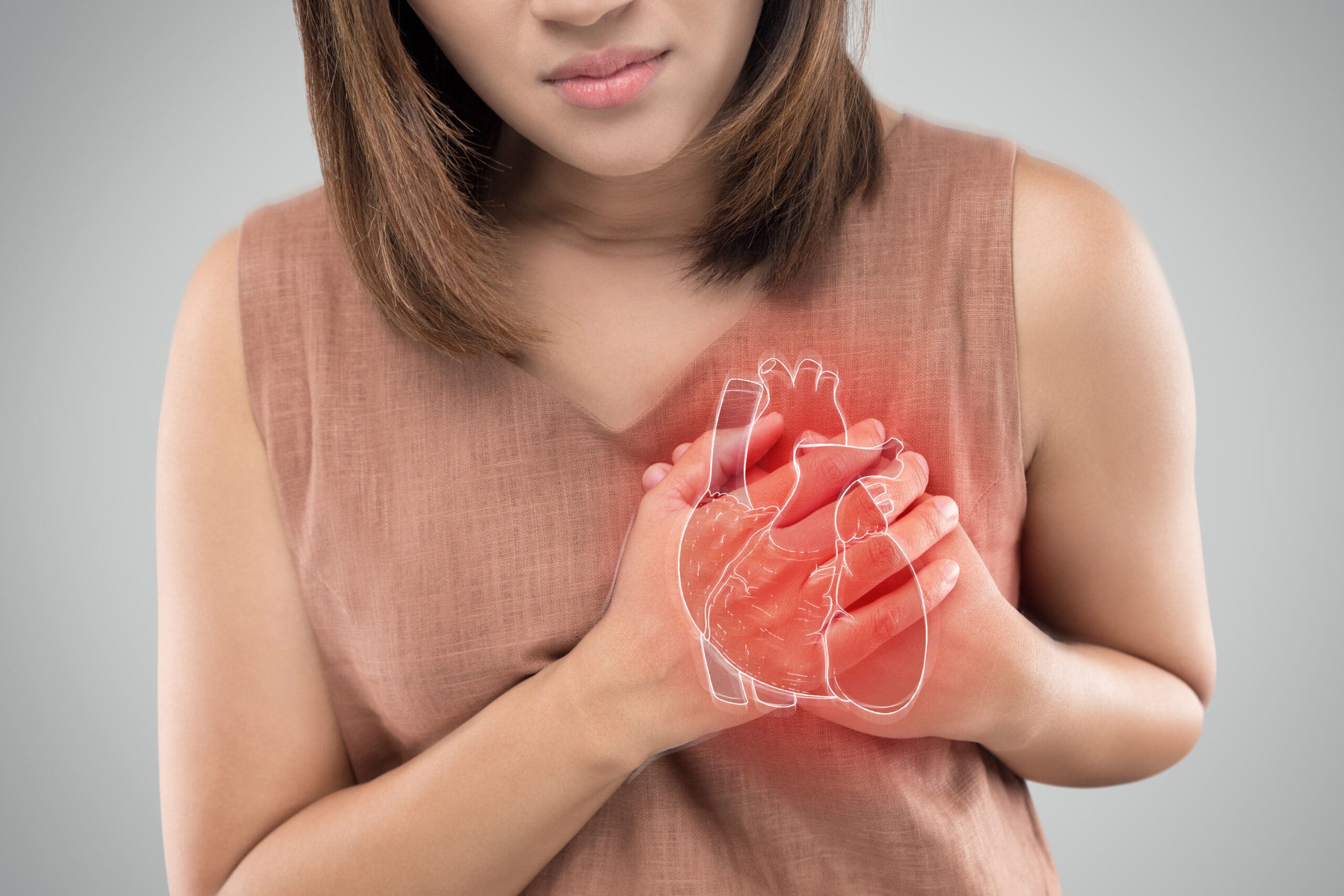
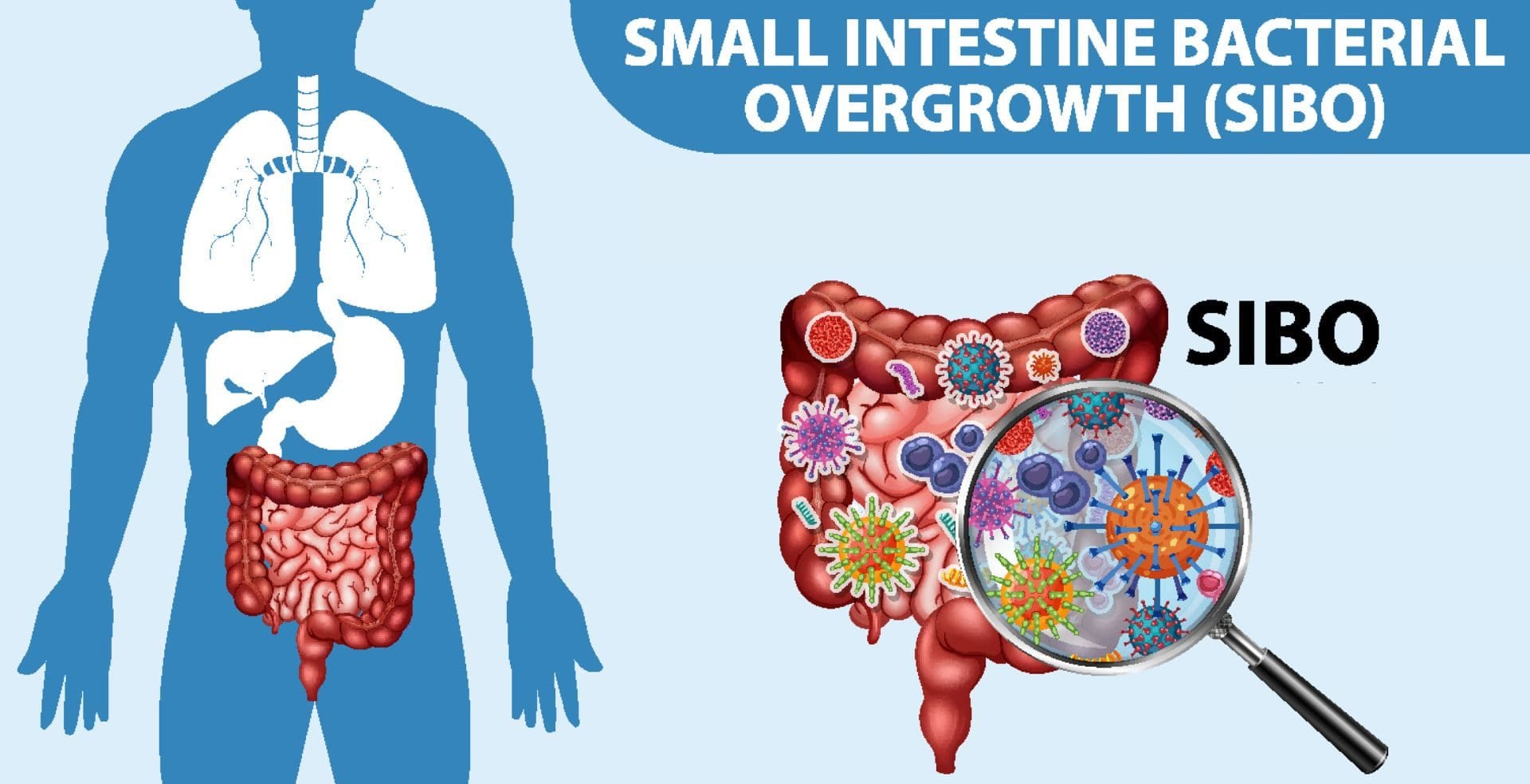
Leave A Comment